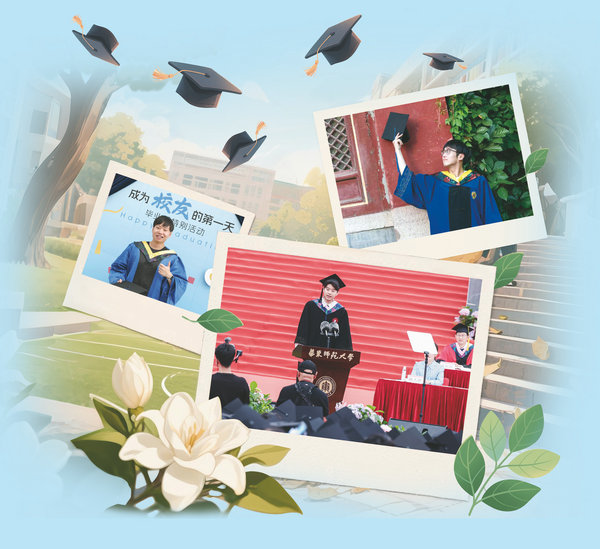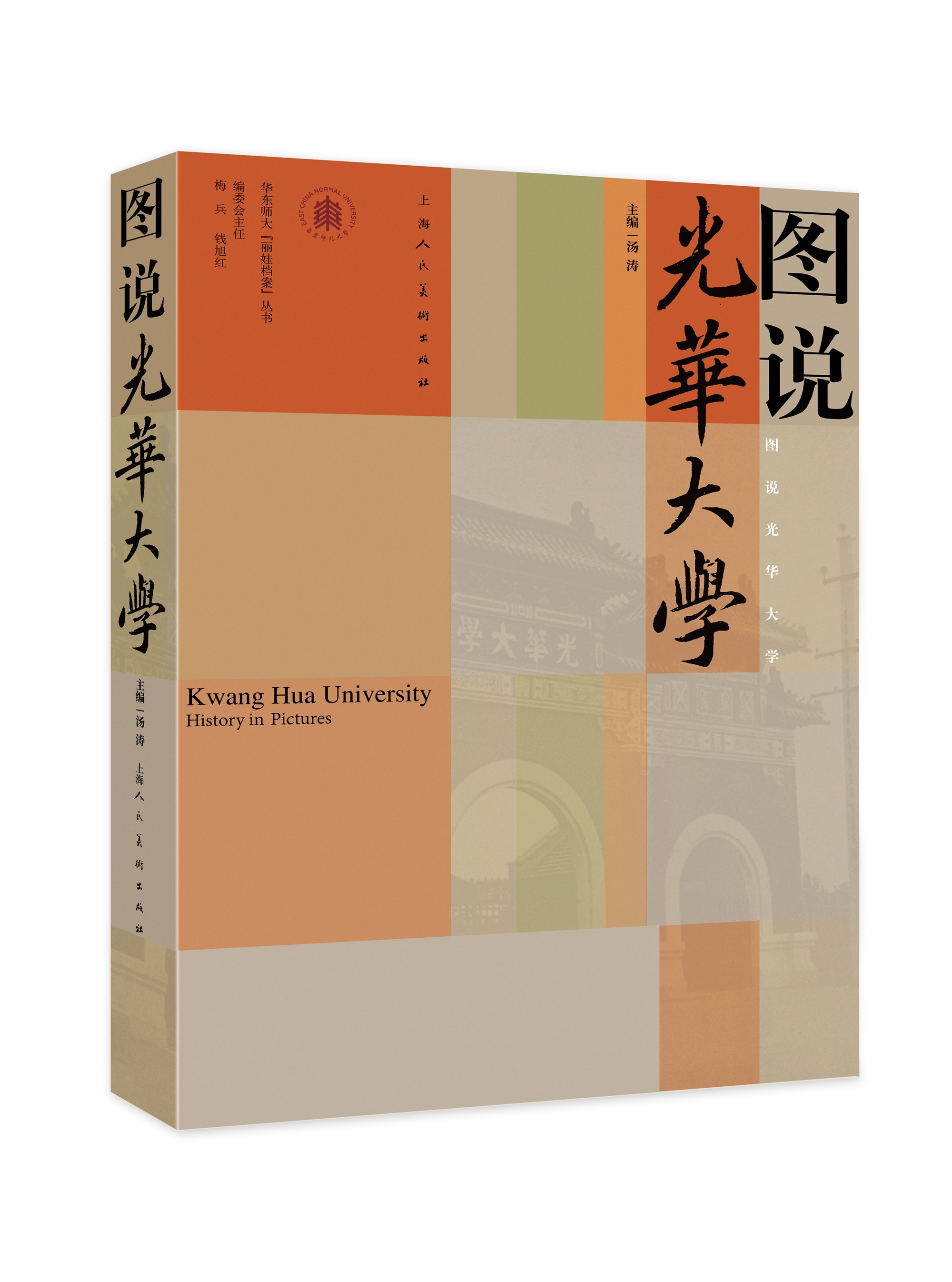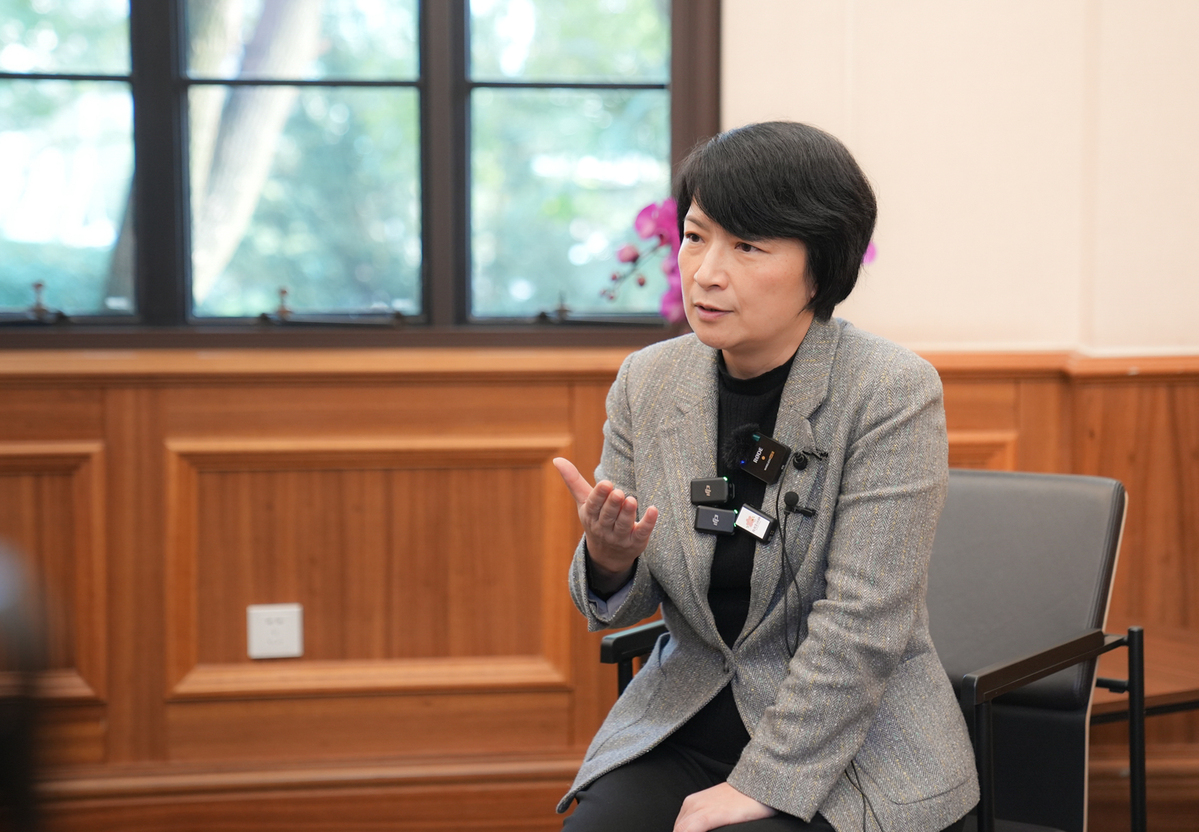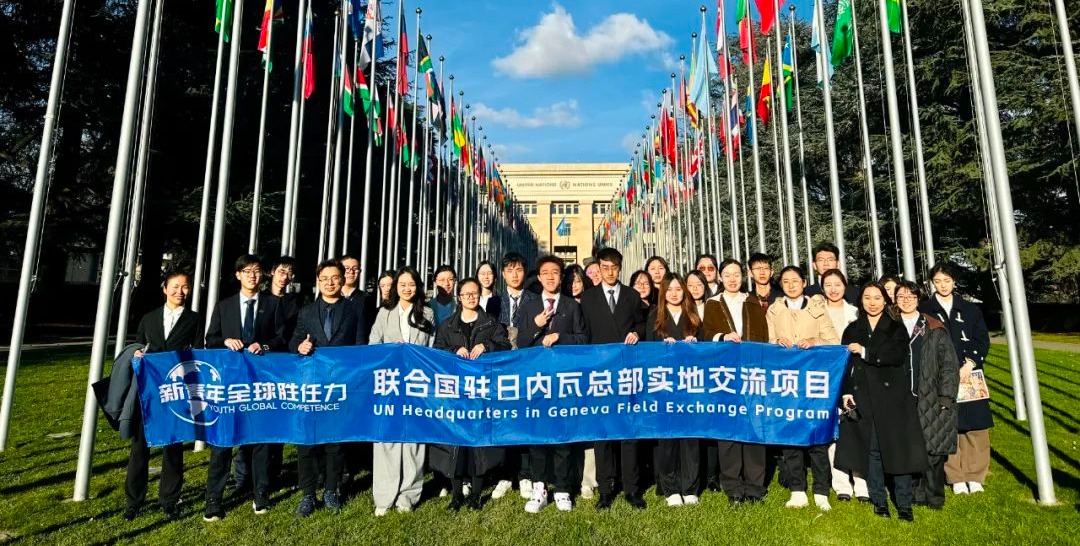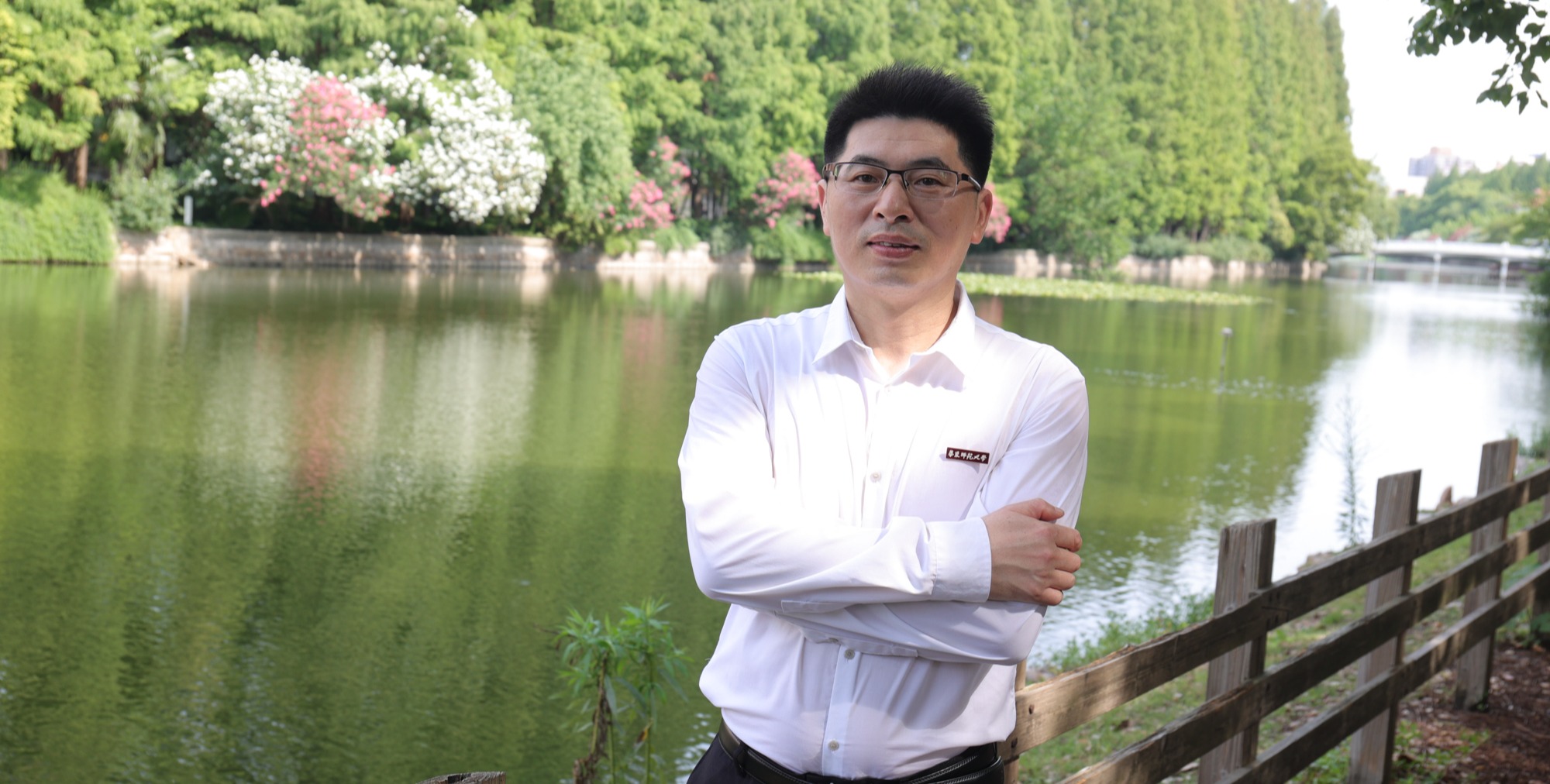![]()
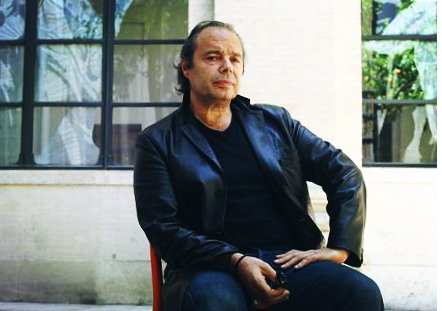
Philippe Djian
On April 26, Philippe Djian (born June 6, 1949 in Paris), a popular French novelist and the winner of the 2012 Prix Interallié for the novel "Oh...", made a lecture at writing in French Department of ECNU.
Djian graduated from the ESJ Paris. After a period of wandering and odd jobs, he published a volume of short stories, 50 contre 1 (1981), and then the novels Bleu comme l'enfer (1982) and Zone érogène (1984) before gaining fame with his subsequent novels 37°2 le matin (1985), Maudit Manège (1986), Echine (1988), Crocodiles (short stories) (1989), Lent dehors (1991), Sotos (1993), and Assassins (1994).
In the lecture, Djian recollected his first contact with writing and shared his opinions on writing in a quite frank and humorous way.
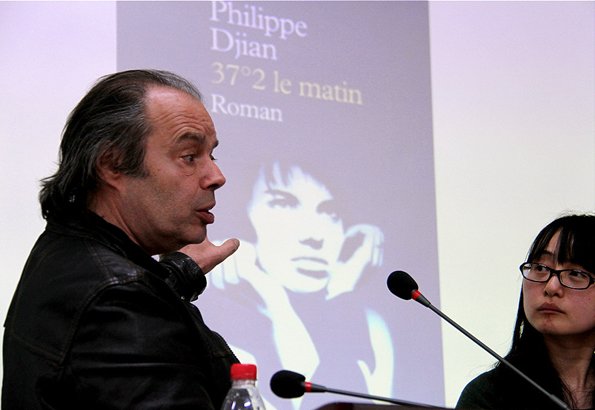
Djian shares his opinion on writing with ECNUers.
As one of the most popular novelists in French, Djian was first known outside France by the movie Betty Blue based on his most famous book 37°2 le matin. Until now, three of Djian’s novels have been adapted to movies: 37°2 le matin (1986; English title Betty Blue) which was filmed by Jean-Jacques Beineix; Bleu comme l'enfer (1986; English title Blue Hell) directed by Yves Boisset; and Impardonnables (2011; English title Unforgivable) directed by André Téchiné. He also co-wrote the screenplay of Ne fais pas ça (2004) with Luc Bondy.
But in the lecture, Djian frankly showed his dissatisfaction with the film adaptations of his books. In Djian’s opinion, most film adaptations of novels were not so good, for example, Marguerite Duras was rather angry with the film The Lover (L'Amant) directed by Jean-Jacques Annaud.
"As a novelist, I am also not satisfied with the film adaptations with my books. In Betty Blue (37°2 le matin), the aesthetics of Jean Jacques Beineix’s film is completely different with mine, maybe the opposite. It’s difficult because in the movie you have two characters – in the book I was not sure that I was speaking of two characters. Somewhere in my mind there was only one character who was part male and part female,” said Djian.
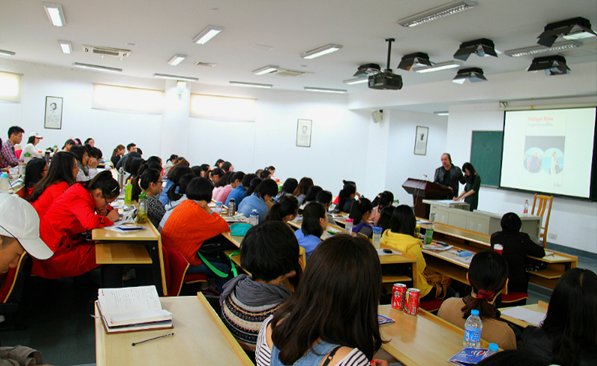
Djian's lecture attracts lots of ECNUers.
Despite his dissatisfaction, Djian had no objection to film adaptation because he thought novels should be recreational and films had a wider audience. “But as a novelist, I want to say something for the books and I think most books are much better than films. Literature is different from films, and that’s why generally speaking a good director doesn’t like to work with a writer,” joked Djian.
In his lecture, Djian also emphasized language not story was the core of a literary work. He said language was not only the tool of writers but also an inspiration to the readers.
Written by: Liu Jinyu

